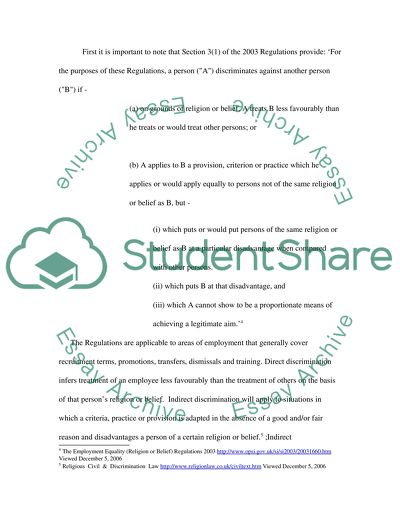Cite this document
(“Employment law Essay Example | Topics and Well Written Essays - 1500 words - 1”, n.d.)
Employment law Essay Example | Topics and Well Written Essays - 1500 words - 1. Retrieved from https://studentshare.org/miscellaneous/1538360-employment-law
Employment law Essay Example | Topics and Well Written Essays - 1500 words - 1. Retrieved from https://studentshare.org/miscellaneous/1538360-employment-law
(Employment Law Essay Example | Topics and Well Written Essays - 1500 Words - 1)
Employment Law Essay Example | Topics and Well Written Essays - 1500 Words - 1. https://studentshare.org/miscellaneous/1538360-employment-law.
Employment Law Essay Example | Topics and Well Written Essays - 1500 Words - 1. https://studentshare.org/miscellaneous/1538360-employment-law.
“Employment Law Essay Example | Topics and Well Written Essays - 1500 Words - 1”, n.d. https://studentshare.org/miscellaneous/1538360-employment-law.


